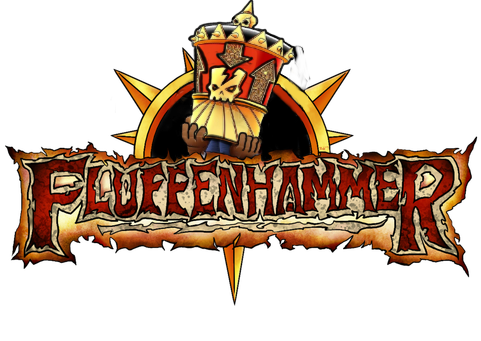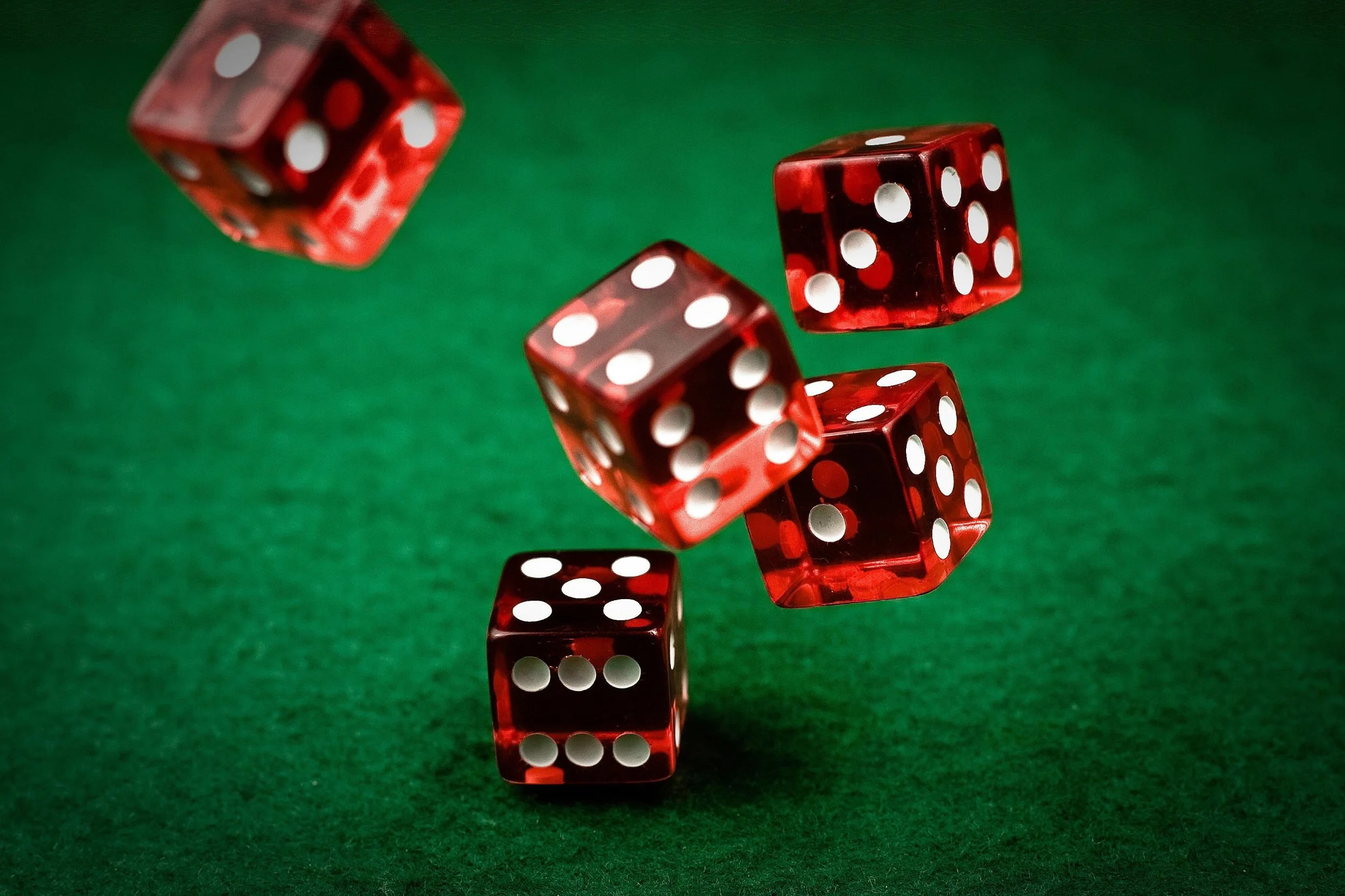Sunday Musings - Why We Wargame
Wargaming isn’t just some niche pastime for people with more patience than sense; it’s a curious, beautiful beast that taps into something deeply human. At first glance, it might look like a glorified board game: miniatures shuffled about, dice rattled, rules consulted with occasional grumbles. But underneath all that, it’s something else entirely—a tangled web of strategy, storytelling, craft, and community that keeps pulling us back, time and again.
So, why do we wargame? Well, it’s tempting to say it’s about winning, but that’s a lie we tell ourselves. Sure, there’s a thrill in the sweet taste of victory, a rush when your cunning outmaneuvers your opponent’s grand plan or when your dice deliver that miracle roll. But the truth? It’s a whole cocktail of things—like a good whisky, there’s complexity beneath the burn.
First off, wargaming is an exercise in tactical mastery. Think of it as chess with a paintbrush and a cast of characters straight out of your wildest dreams. You’re not just moving pieces; you’re telling a story with every manoeuvre. Whether you’re commanding a squadron of power-armoured Space Marines or a regiment of Napoleonic musketeers, the game demands you think on your feet, read your opponent like a book, and adapt when the unexpected—a dice failure, a lucky hit—throws a spanner in the works. It’s an intellectual workout, a dance with chaos wrapped in rules and lore. And let's be honest, who doesn’t enjoy feeling clever when a plan comes together?
But it’s not just about brain games. There’s a narrative heartbeat in wargaming that turns cold plastic into legends. Every battle you fight is a fresh story waiting to be told. The desperate last stand against impossible odds, the heroic charge that shatters enemy lines, the quiet moments of tension as two forces stare each other down before the carnage begins. Unlike your average board game, where the story’s set in stone, wargaming lets tales unfold organically, driven by your choices and the dice’s whims. Sometimes a lucky roll turns a doomed unit into heroes; sometimes a catastrophic failure creates a cautionary tale that echoes through your gaming group’s lore for years. It’s storytelling with dice—and isn’t that a wonderful kind of magic?
Then there’s the craftsmanship—the utterly addictive, borderline obsessive hobby of building and painting your army. This is where wargaming sheds any notion of being just a game. It becomes art. There’s something profoundly satisfying about spending hours coaxing life into a cold, grey miniature, turning a box of parts into a personalised battalion that feels uniquely yours. Terrain crafting, converting models, mixing paints—these aren’t chores but acts of creation. And when you finally place your army on the table, painted and primed, it’s not just plastic and metal; it’s your story, your sweat, your creative spark made real. Win or lose, that’s a feeling that stays with you.
And then—most importantly—it’s the people. Wargaming is a social glue, binding together strangers and friends alike. Whether you’re elbow-deep in a heated tournament, sharing painting tips at your local club, or just chatting over a pint about what new model release you’re excited about, the hobby thrives on community. Rivalries spark and fade, friendships form over shared victories and crushing defeats, and the camaraderie builds into something lasting. In a world that can sometimes feel isolated and fragmented, the gaming table becomes a place of connection and belonging.
So, why do we keep wargaming? Because it’s more than a game. It’s a mental challenge, a narrative playground, a canvas for creativity, and a social ritual all rolled into one. It draws in historians and fantasy lovers, tacticians and artists, introverts and extroverts alike. It’s messy, it’s unpredictable, it’s endlessly fascinating. And honestly? Once you’ve felt the dice clatter across the table, the rush of a well-executed plan, and the warmth of shared stories with fellow gamers, it’s hard to imagine ever stopping.
Wargaming isn’t just a pastime—it’s a way of seeing the world, of playing with the eternal dance of chaos and order, chance and skill. It reminds us that in the end, it’s not just about who wins or loses, but about the stories we craft, the friendships we forge, and the joy we find in every roll of the dice.

